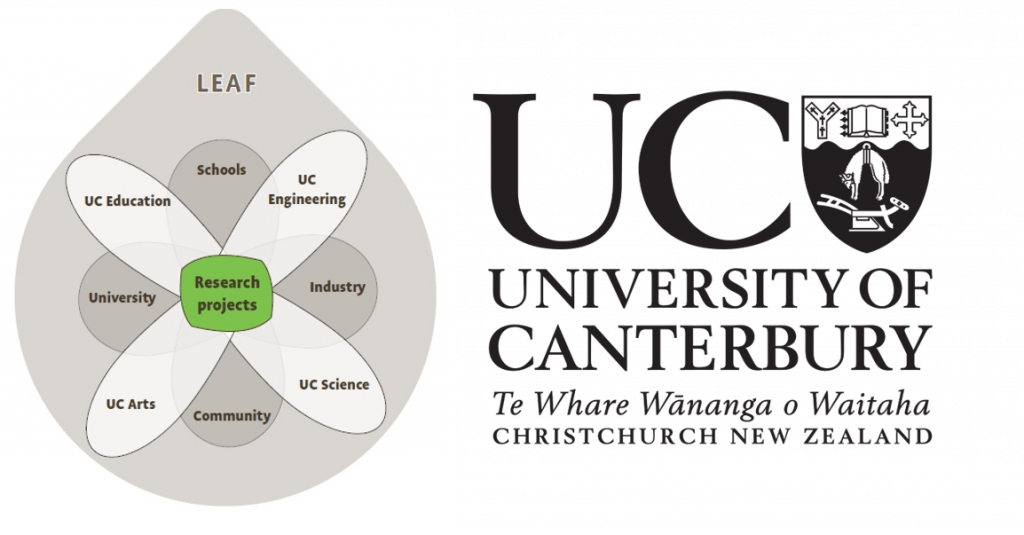Cluster members at UC
The cluster is a transdisciplinary group that has members from across the University of Canterbury.
College of Arts
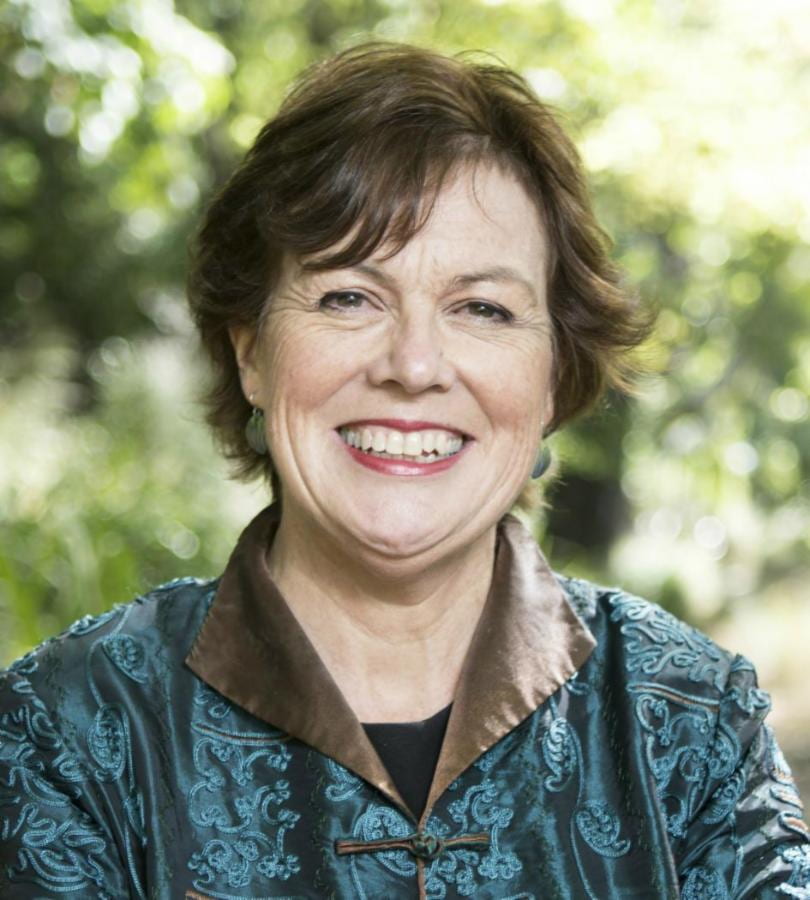
Bronwyn Hayward: Bronwyn’s research focuses on the intersection of sustainable development, youth, climate change, and citizenship. Bronwyn is a Coordinating Lead Author for the Intergovernmental Panel on Climate Change AR6 report (cities & infrastructure) and was a lead author for the 2018 Special Report on 1.5 (Sustainable development & Poverty eradication). She is a co-primary investigator with University of Surrey’s ESRC funded CUSP: Centre for Understanding Sustainable Prosperity, she leads the CYCLES Children and Youth in Cities lifestyle Evaluation study in 7 world cities.
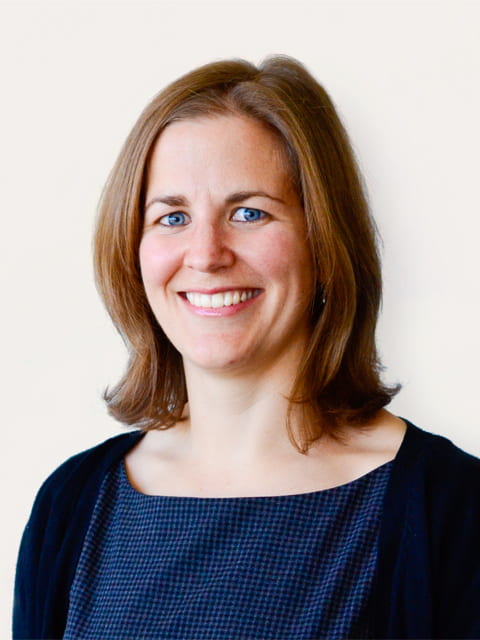
Kate Prendergast: Kate’s multi-disciplinary research centers on understanding children and young people’s wellbeing in diverse urban environments. She is currently working on the CYCLES (Children and Youth in Cities, Lifestyles Evaluation and Sustainability) project, which explores young people’s lives in seven diverse cities across the globe.
College of Education, Health, & Human Development
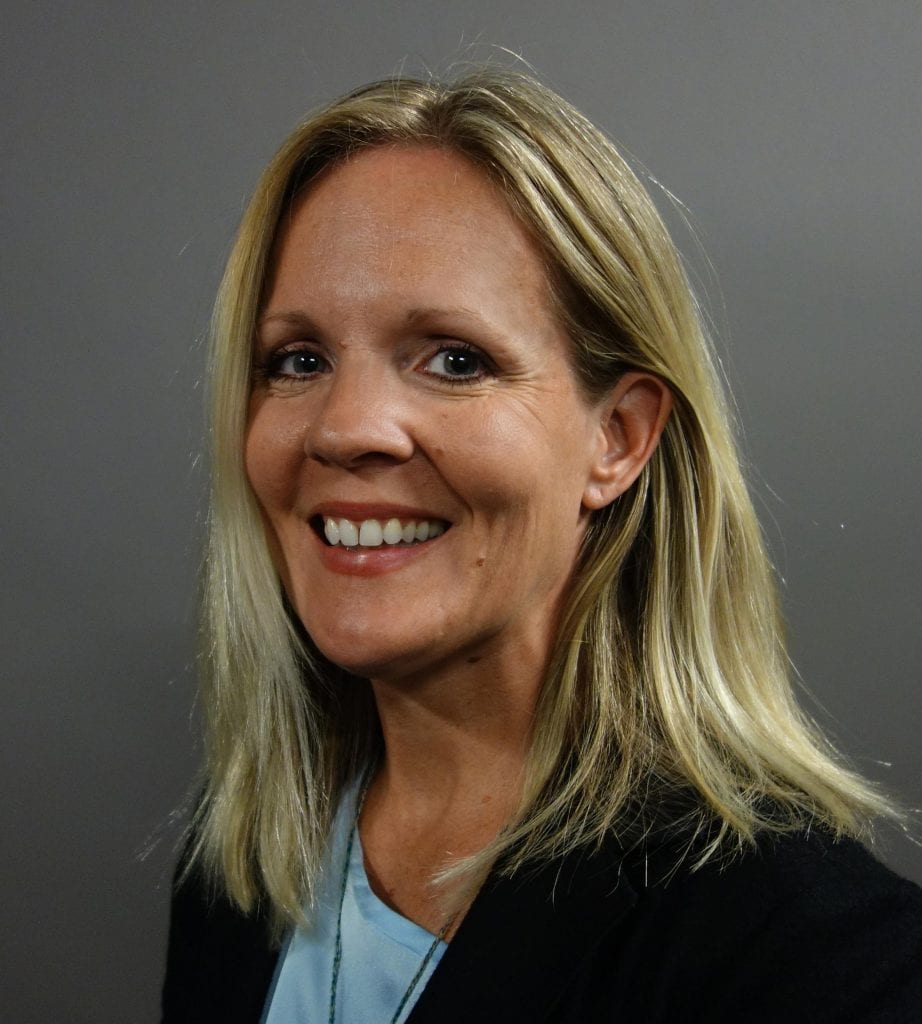
Sara Tolbert: Sara’s research is focused on broadening participation in the sciences, technology, and engineering as well as supporting youth and teachers to engage social justice and sustainability issues in science teaching and learning. Sara also draws on Indigenous ethics, feminist studies and science-technology-studies (STS) to theorise (or re/imagine) possibilities for radical equality and multispecies justice in/through science and education.
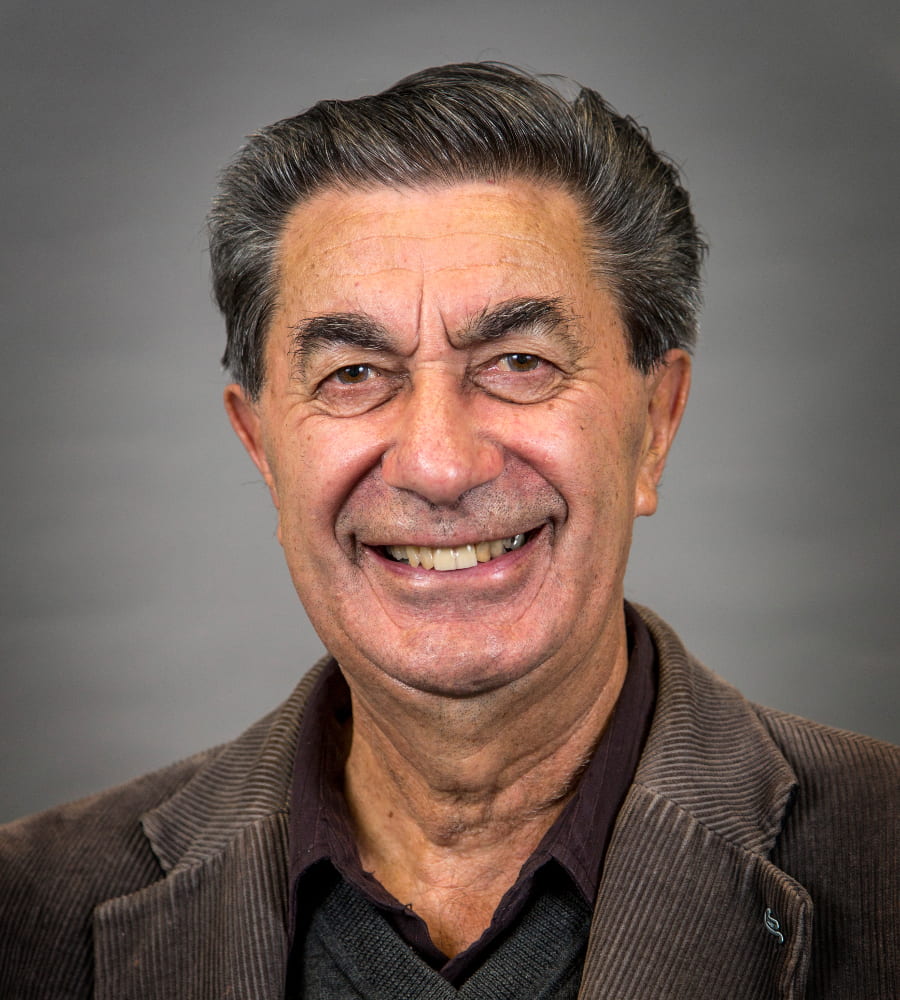
Angus Macfarlane: Professor Angus Hikairo Macfarlane affiliates to the Ngāti Whakaue tribe in the north island. His research focuses on exploring Indigenous and sociocultural imperatives that influence education and psychology. Dr Macfarlane’s prolific publication portfolio and exemplary teaching abilities have earned him national and international standing in his field of scholarship. In 2010 he received the Tohu Pae Tawhiti Award from the New Zealand Council for Educational Research for outstanding contributions to Māori research. In 2013 he was awarded the University of Canterbury Research Medal – the first ever Māori recipient and the highest honor that the UC Council can extend to its academic staff – acknowledging sustained research excellence.
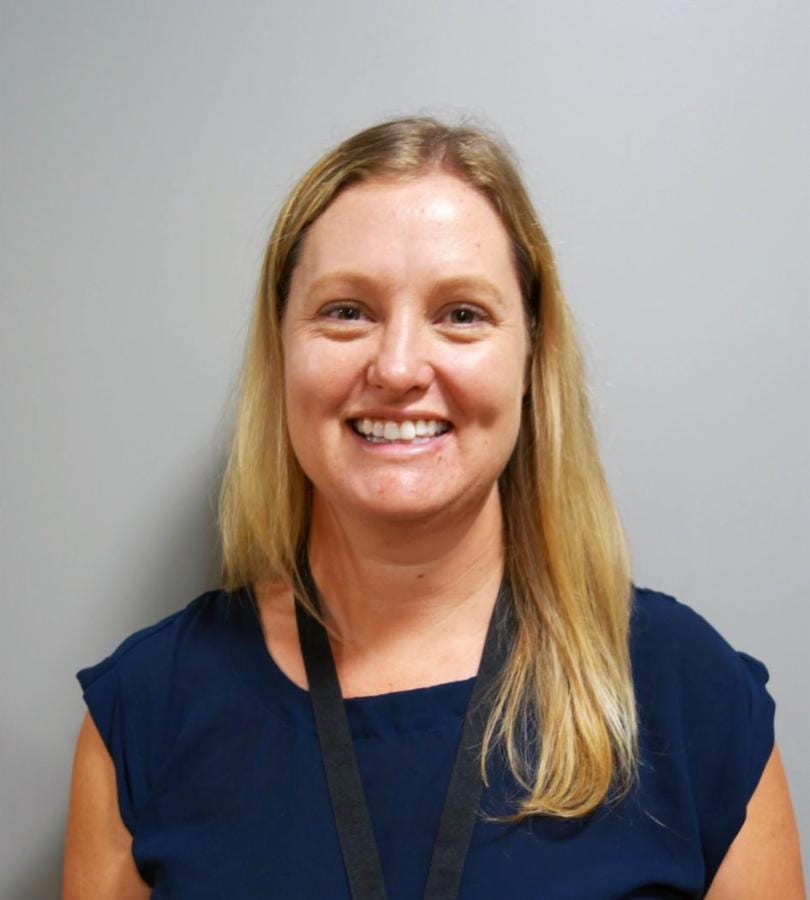
Kathryn MacCallum: Kathryn MacCallum is an Associate Professor of Digital Education Futures within the School of Educational Studies and Leadership at the University of Canterbury, NZ. Kathryn’s research has centered around exploring how technology can be effectively used to support teaching and learning. She has been involved in a number of research projects, both in New Zealand and Internationally, developing innovative approaches to the integration of technology within all sectors of education. She has authored over 40 articles on this topic, and also serves as Editor in Chief for a number of international journals focusing on education technology.
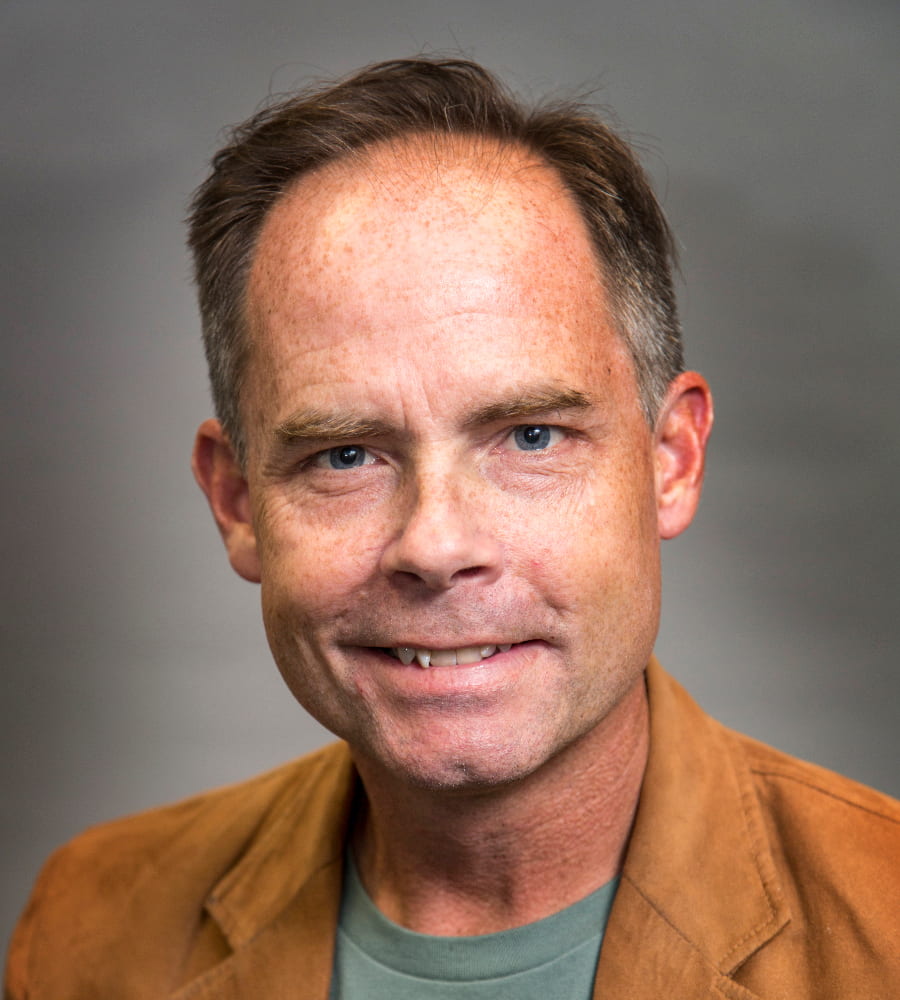
Billy O’Steen: Billy is interested in the effects and impacts that educational experiences have on learners and then determining how to make them more effective. As much of his research occurs outside the classroom, he is especially focused on looking at the individual components of field experiences and linking those to the course learning outcomes, the UC Graduate Profile attributes, and the UC vision of tangata tū, tangata ora – people prepared to make a difference.
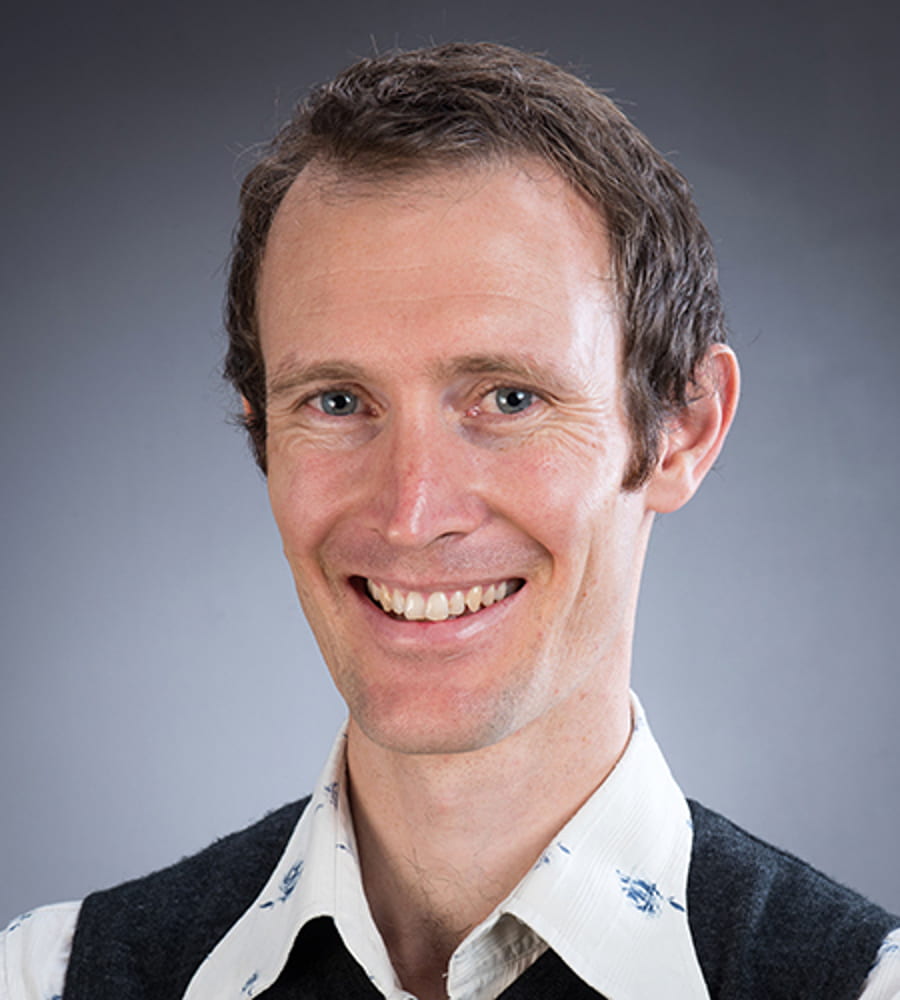
David Pomeroy: David uses approaches from sociology and gender studies to examine the relationship between who we are (in particular our social class, ethnicity, and gender) and which school subjects we like and do well in. As a former secondary mathematics teacher, he is especially interested in educational inequalities in mathematics learning. Where do these inequalities come from and what can be done about them? He is starting to explore the role of educational policies in tackling educational inequalities.
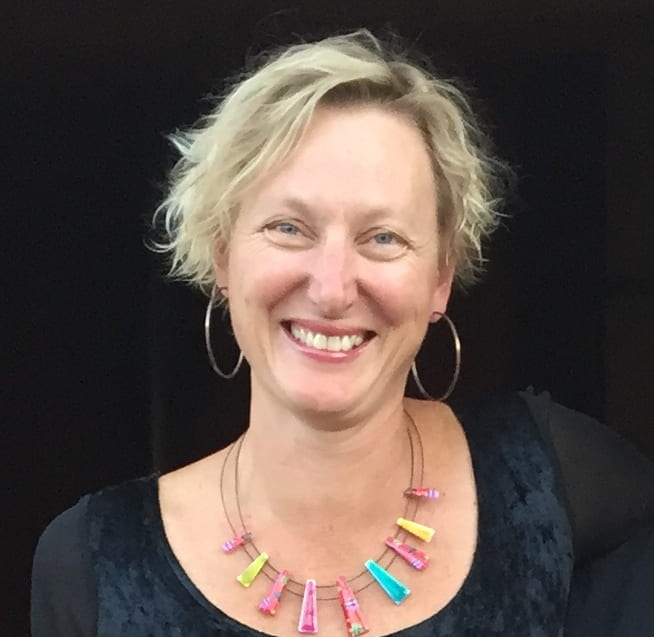
Cheryl Brown: Cheryl’s research interests are centered around access to ICTs and how they facilitate or inhibit students’ participation in learning. In the past few years she has looked more closely at the role technological devices (for example cell phones and tablets) play in students learning in a developing context and the development of students’ digital literacy practices. Cheryl has also led research projects on digital education leadership, personal mobile devices in learning and teaching and developing e-learning professionals in Africa.
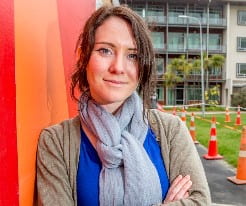
College of Engineering
Brandy Alger (Quake Core): Quake Centre and Quake Core outreach program co-ordinator Brandy Alger uses her passion for engineering to develop a series of exciting community initiatives, as part of her role.
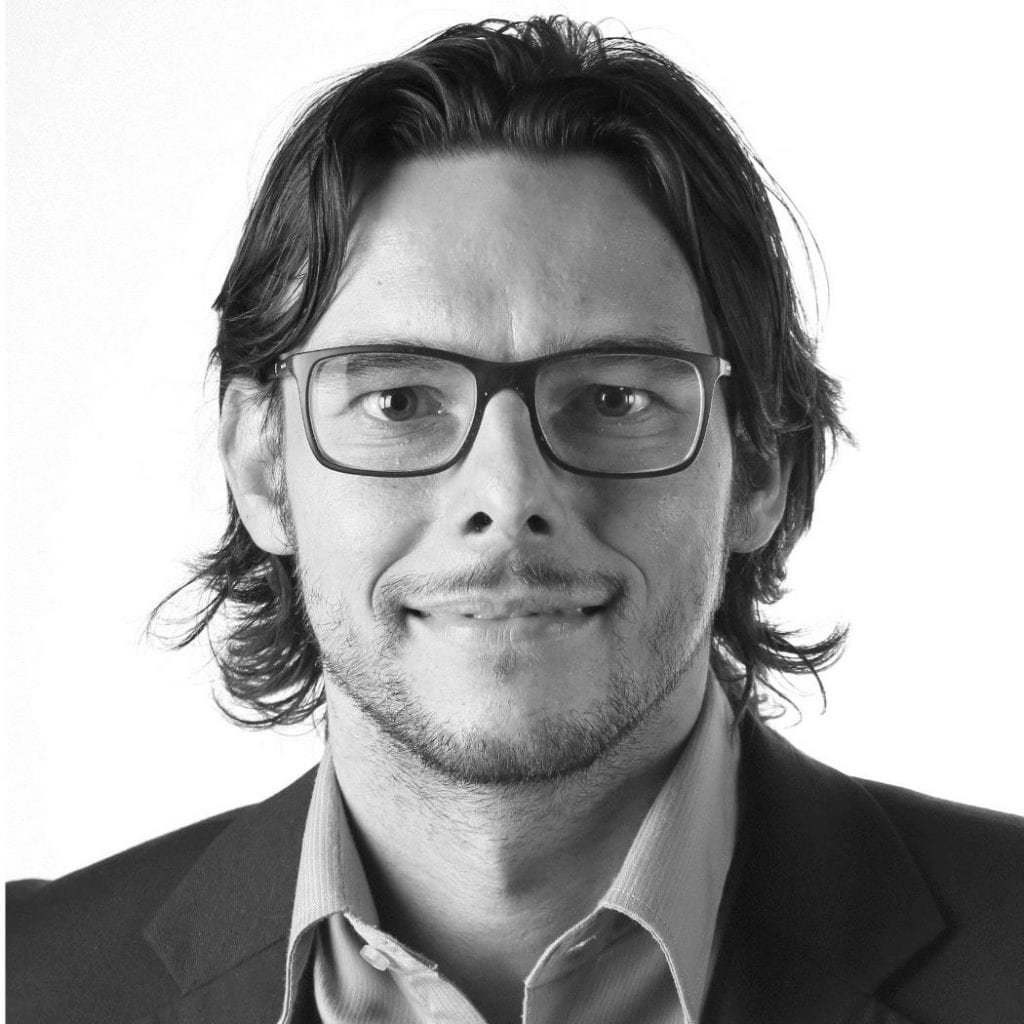
Simon Hoerman (School of Product Design): Simon’s research focus is to understand how technology like Virtual and Mixed Reality and game elements can influence user experience and support healthy and people with disabilities in achieving their full potential. Simon’s area of expertise is virtual reality technology for health and wellbeing applications. It is an interest that has taken him a long way from his undergrad years studying applied computer science at the University of Bozen, in Italy. Simon is currently involved in a number of research projects on virtual reality and games design for health and training interventions. This includes how to use virtual reality technology to help people with eating disorders, a social skill training game for deaf and hard-to-hear children, a training simulator for aerial firefighting, and a virtual reality smoking cessation game, to name a few.
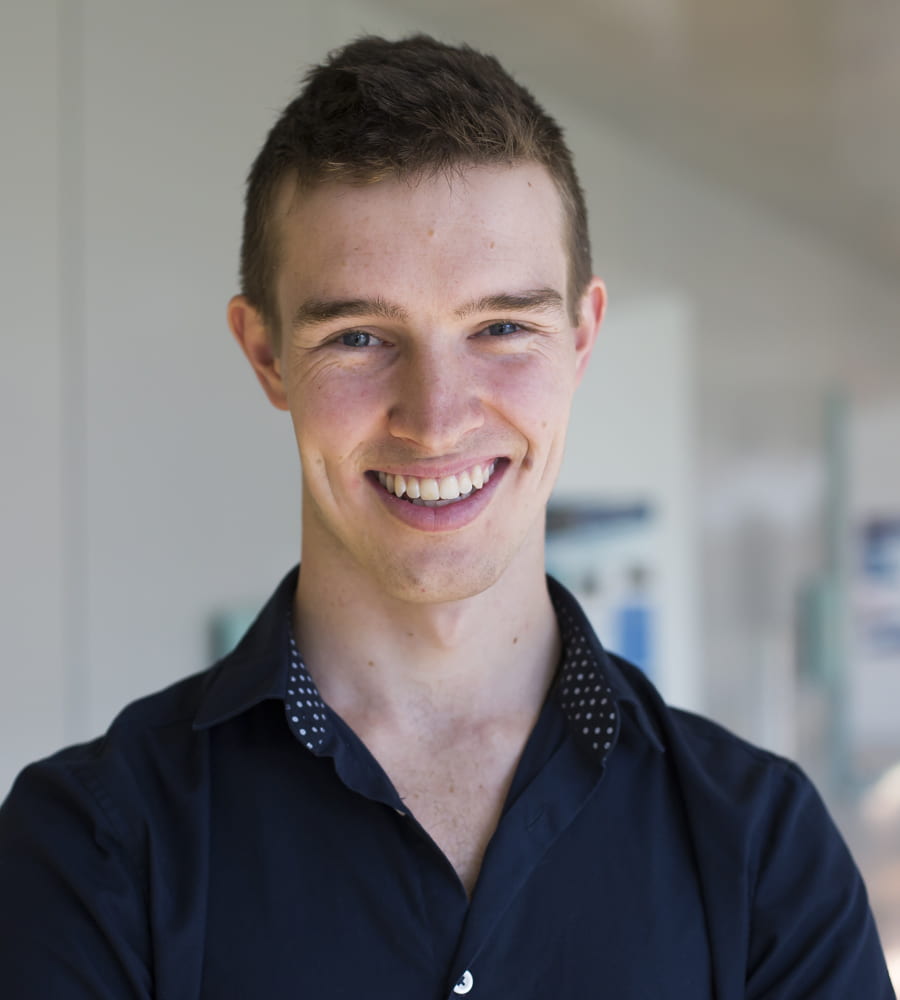
Tom Logan: Tom’s research is focused on transforming how we design and realize our cities in the face of climate change. His research lies at the intersection of urban and civil systems, risk analysis and uncertainty, and resilience and adaptation to a changing climate. Tom was a recipient of a Fulbright Scholarship and his prior research investigated modeling sustainable cities.
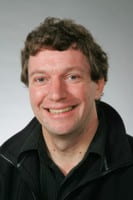
Tim Bell: Tim’s research interests include computer science education, compression, and computers, and music. Tim is interested in innovative projects such as Computer Science Unplugged which is a collection of free learning activities that teach Computer Science through engaging games and puzzles that use cards, string, crayons and lots of running around.
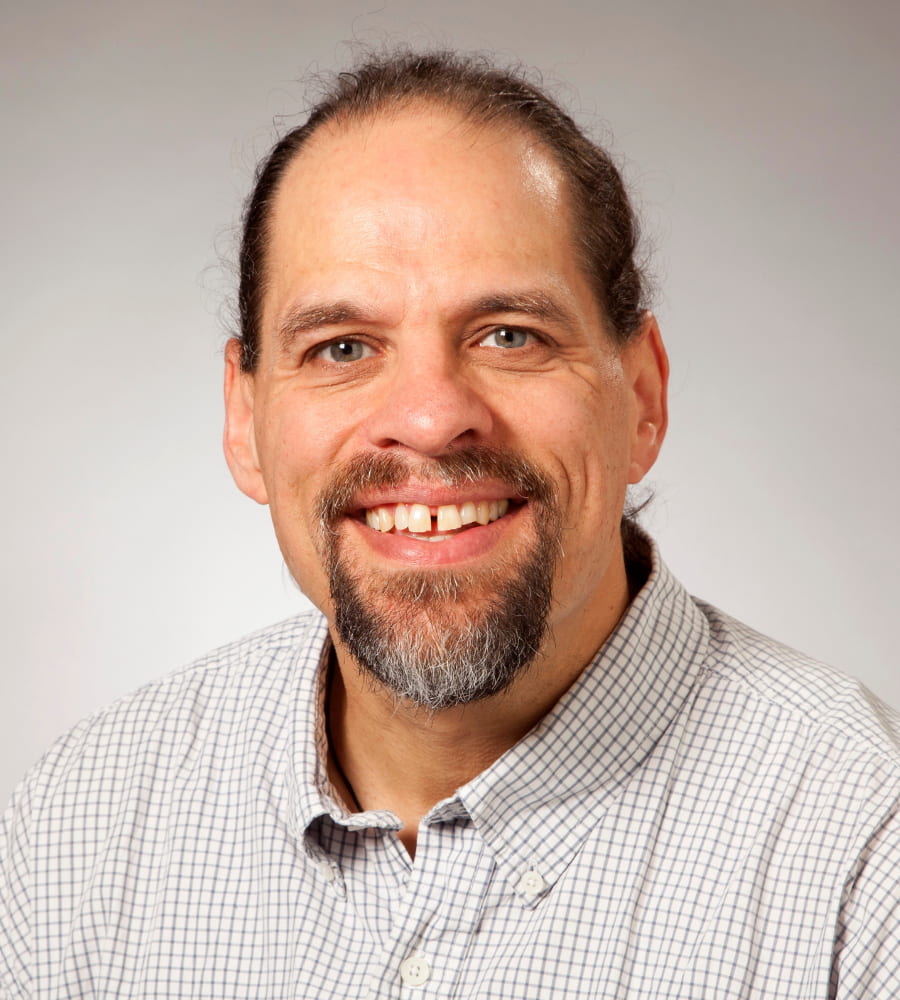
Rob Lindeman (HIT Lab NZ): Rob’s research focuses on virtual Reality (VR) and involves immersing people in digital worlds. I am interested in supporting effective use of VR for entertainment, work, tourism, and other areas that enhance the user experience. He uses a holistic approach tohis research because this better matches how people sense in the real world – balancing the strengths and weaknesses of each sensory system to make sense of the world.
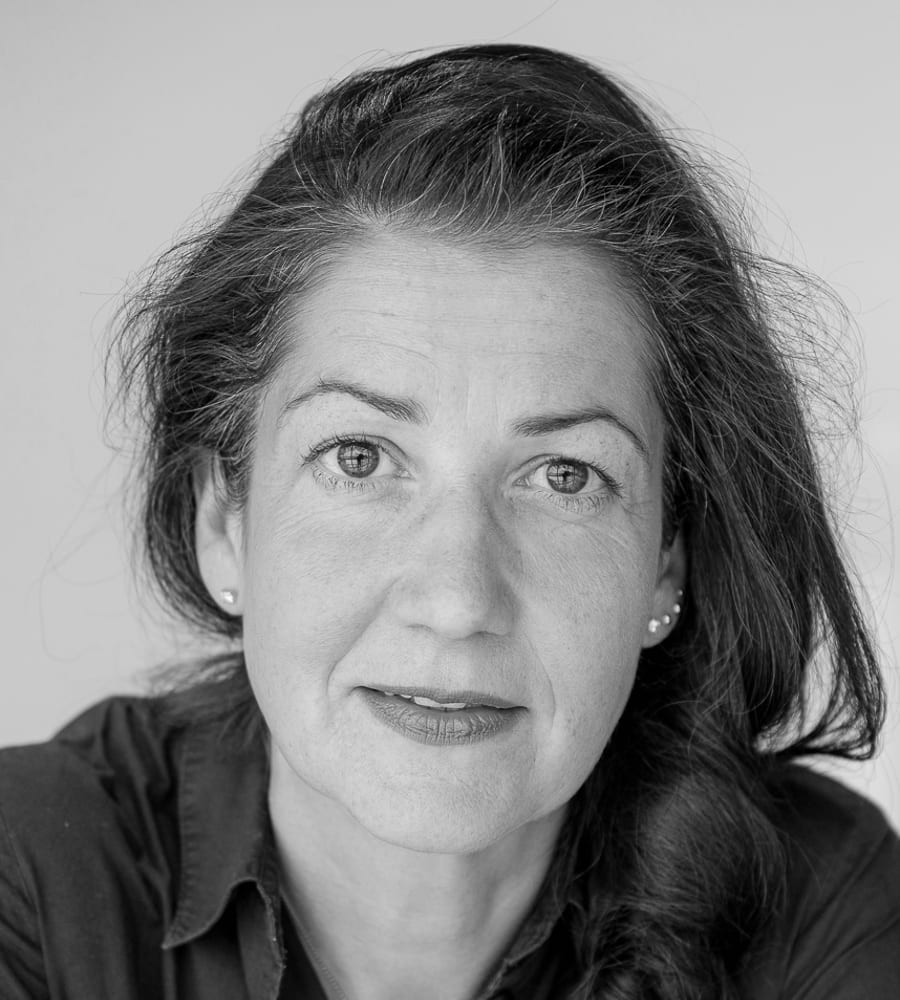
Heide Lukosch (HIT Lab NZ): With her research, Heide aims to understand how applied immersive games , games that have a specific purpose such as training and learning, and use immersive technologies such as virtual or augmented reality for this, have to be designed and used in order to achieve the intended effect.
College of Science
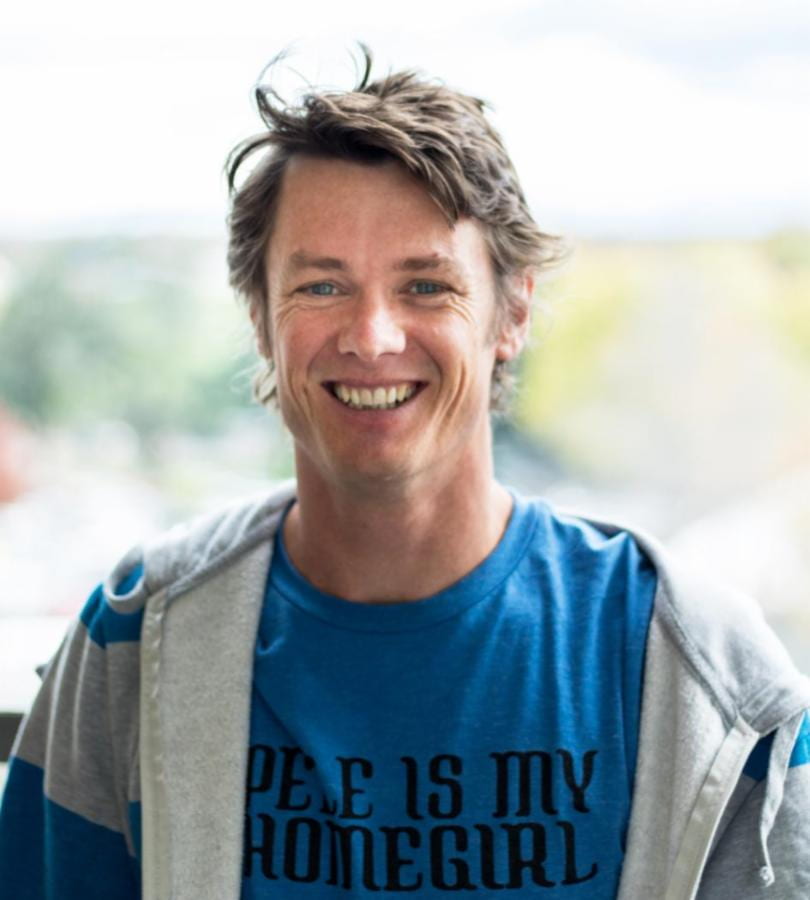
Ben Kennedy: Ben’s main areas of research are understanding why volcanoes erupt and what are the best ways to learn and teach about planet Earth. The research questions that he works on are sourced from the needs of society relating to education and hazard awareness, but also an insatiable curiosity and sense of fun and adventure. Some fun projects he is currently involved in include researching how students learn on virtual and real field trips, developing online tools for digital storytelling around volcanic hazards, earthquake experiments to shake magma, and understand links with volcanic eruptions among others.
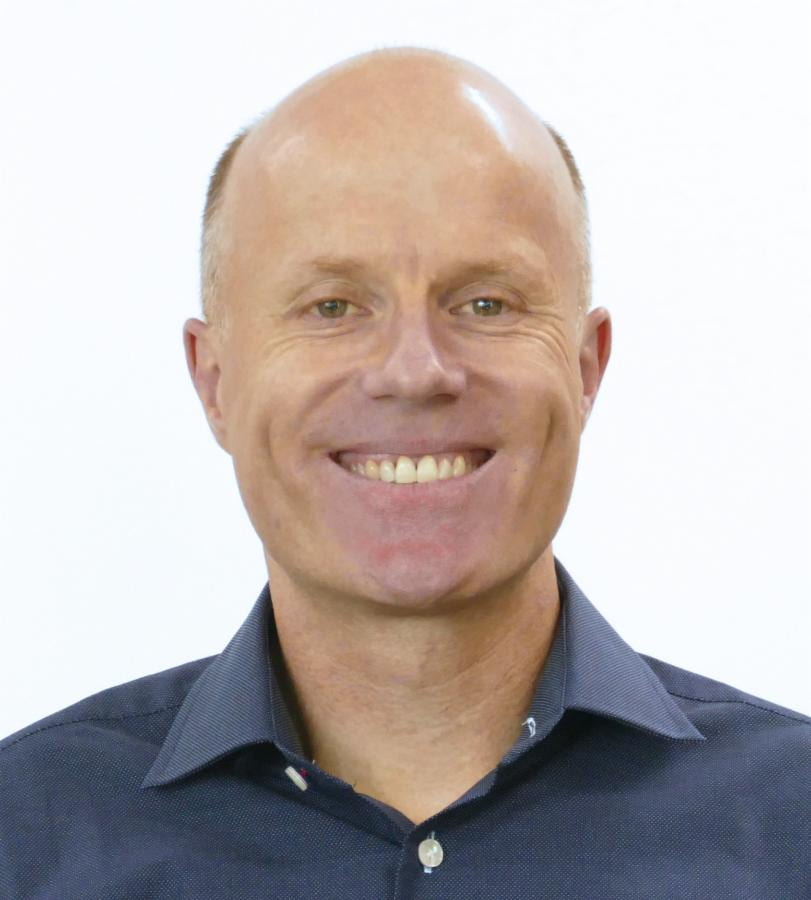
David Conradson: David’s research is concerned with community welfare and well-being in western societies and shaped by work in psychology and psychotherapy, community and public health, and by interdisciplinary scholarship on emotion and affect. A number of his current projects are connected to recovery after the Canterbury earthquakes.Some of his research projects include: shaping Places / Future Neighborhoods (NSC11 Building Better Homes, Towns and Cities) and transforming geographical education: learning for Earth futures etc.
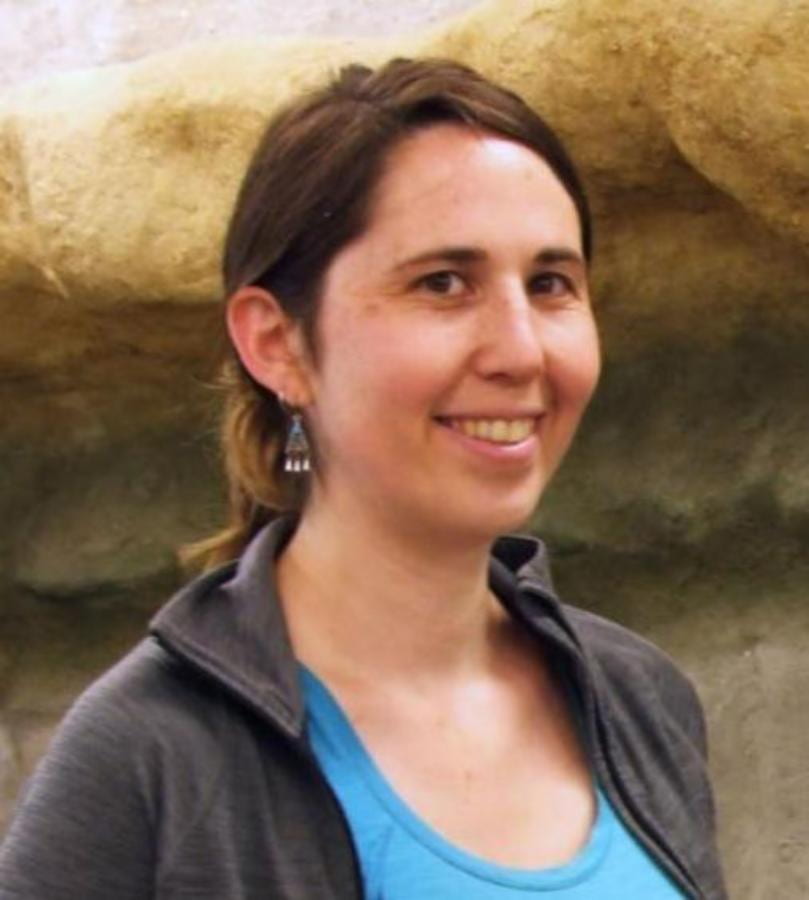
Kate Pedley: Kate’s active involvement with Geoscience Education research is part of her full-time teaching role. This includes the use of electronic learning media, learning analytics, and curriculum innovations, particularly in response to a disaster scenario, but with wider applications. Some of her research interests include: Marine Geology & Geophysics; Geoscience Education; Active Geomorphology & Tectonics; Geological Mapping; Subduction processes and seafloor response and Structural Geology.
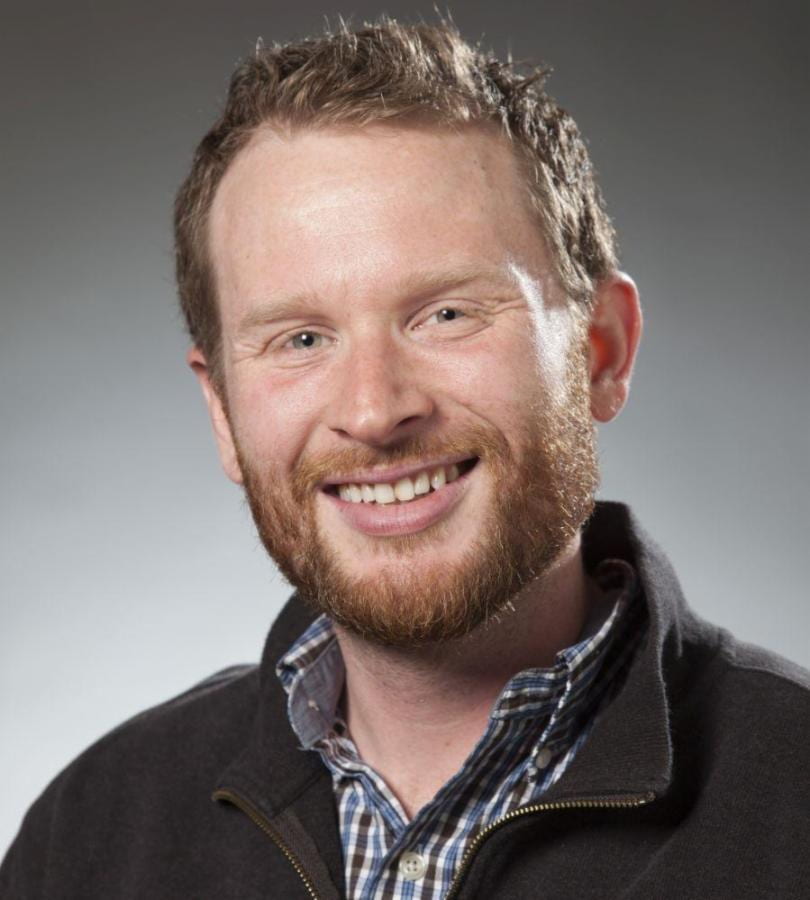
Tim Stahl: Tim studies how faults deform the Earth and lead to the uplift of mountains, as well as all the surface processes that occur in the million year interim and is interested in Innovative ways of Teaching about Geology. Likewise, I am interested in processes that occur over the timescale of a single earthquake to many millions of years. His work involves a broad range of survey, mapping, geochronology, and modelling techniques to quantify rates and styles of faulting.
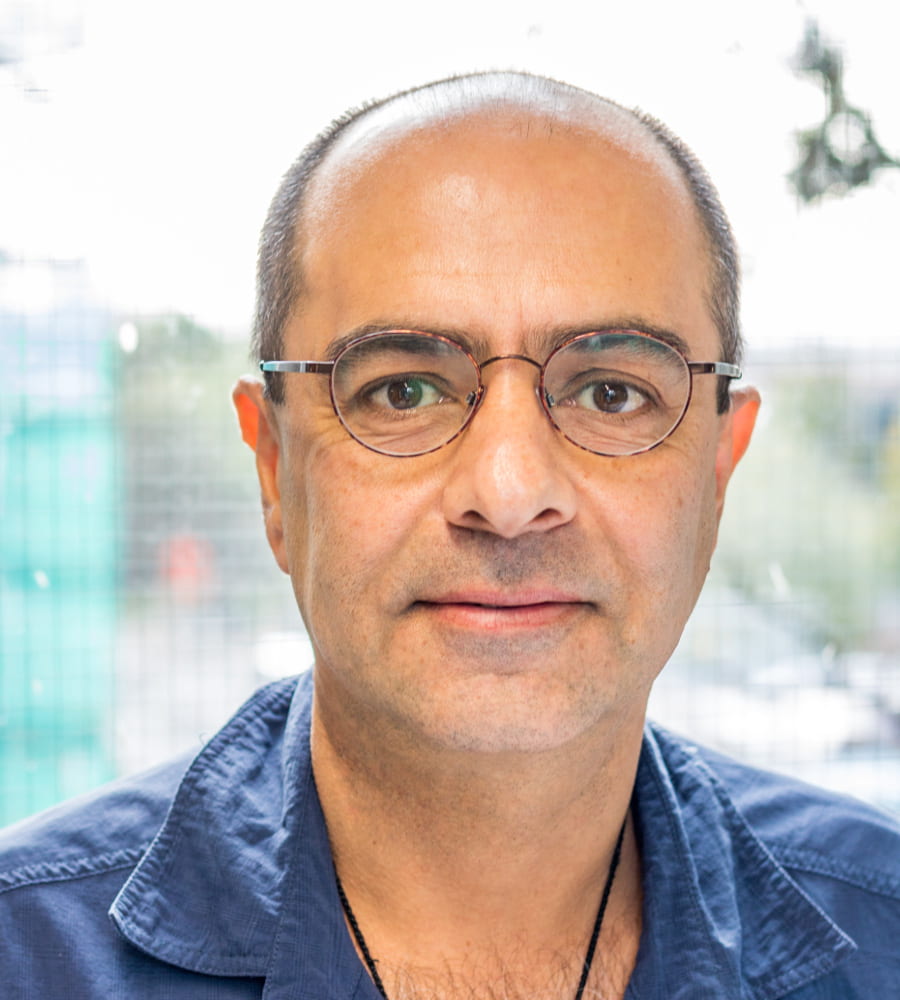
Peyman Zawar-Reza: Peyman’s research centers around air pollution, boundary layer meteorology, climatology. More specifically he is interested in mesoscale numerical modeling and computational physics; regional climate modelling and Earth Systems science. He uses computer models to study the effects of wind movement on pollution. His work looks at the effect of weather on air pollution and how, in turn, that air pollution affects people’s health.
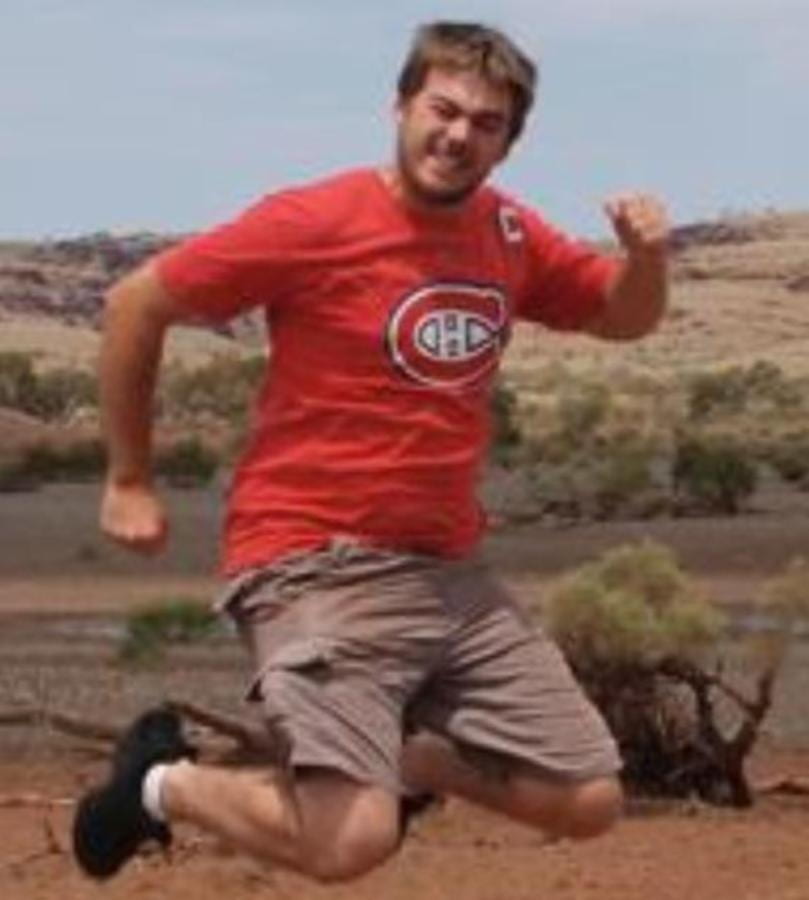
Jonathan Davidson: Jonathan’s research interests centres around how rock properties changes in space, especially in areas where rocks have been intensly deformed. He is also interested in understanding how student learn about the earth effectively. He is excited about the prospect that new technologies bring that allow of to virtually transport students to exciting location, immersing them in a situation that they might find themselves in during their professional careers. Some of his broad research interestes include: structure of Geothermal Fields; earth Science Education; radon in soil gas; physical properties of rocks; crustal stress.
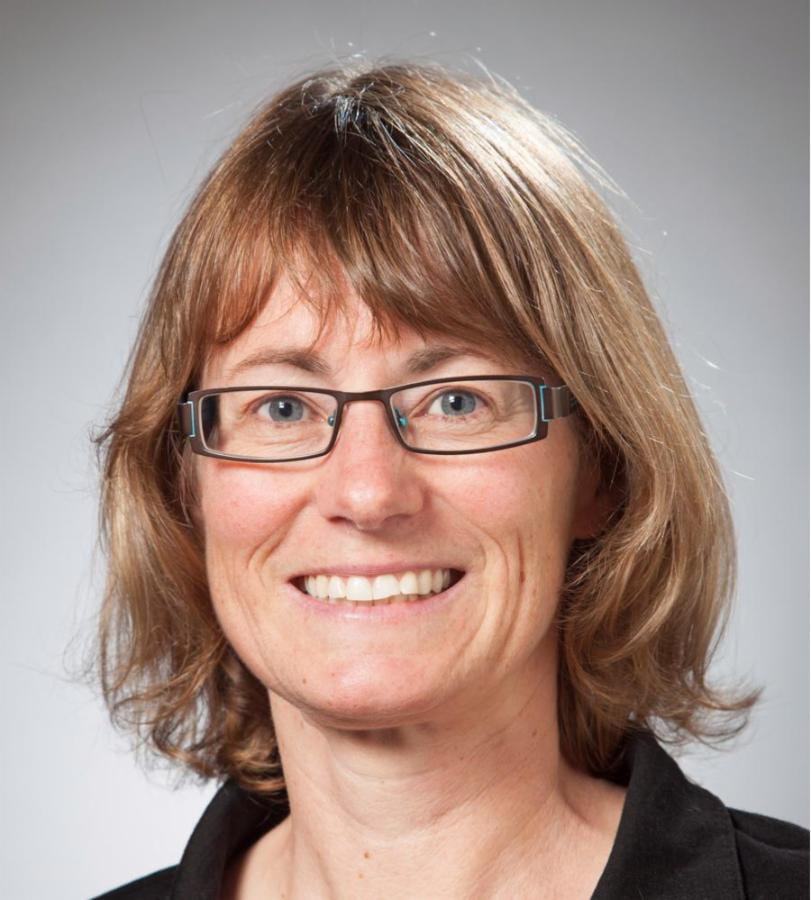
Heather Purdie: Heather’s research espertise is in the field of glaciology, specifically glacier mass balance, dynamics, and climate change, with a focus on mountain glaciers in Te Tiritiri-o-te-moana, the New Zealand Southern Alps. She is also interested in interactions and feedbacks between all aspects of glacier mass balance from snow accumulation processes to ablation processes, including the role of avalanche nourishment to glacier resilience.
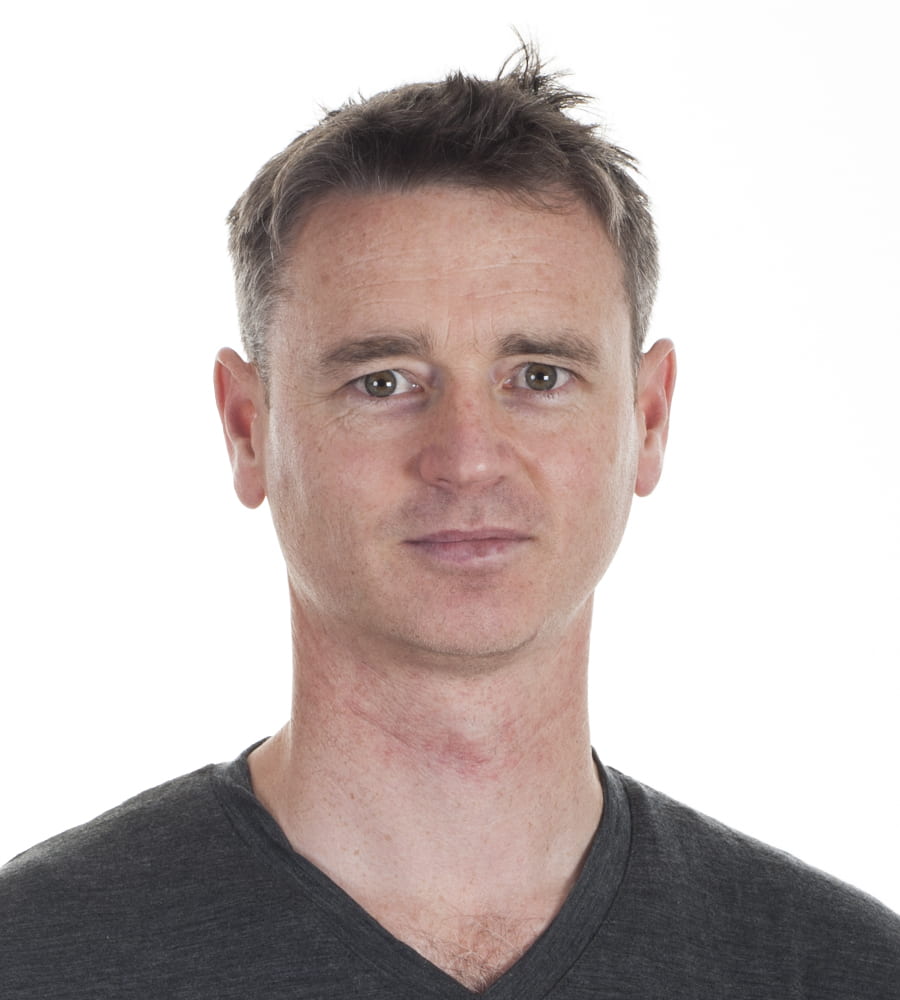
Matt Walters: Matt’s interests are in the areas of Science Communication, Science Outreach, and Scientific Photography. Matt has developed range of Biology outreach modules to primary and secondary schools. He has extensive experience in designing figures for scientific publications to effectively communicate complex scientific information within the constraints of journal guidelines.
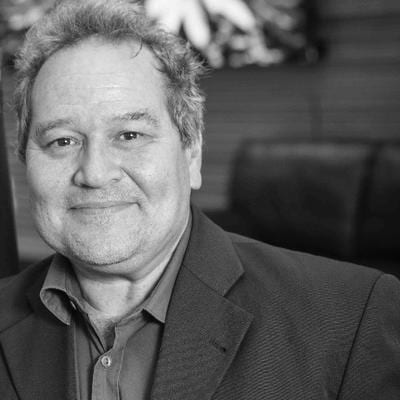
Jack Heineman: Jack’s research interests include the genetics and molecular biology of bacteria, phage and some single-celled eukaryotic microorganisms, horizontal gene transfer, particularly conjugation, effects of stress, particularly induced by antibiotics and agrichemicals, evolution and risk assessment, and biology education research. Specific interests are the biochemical and genetic characterization of antibiotic resistance causation.
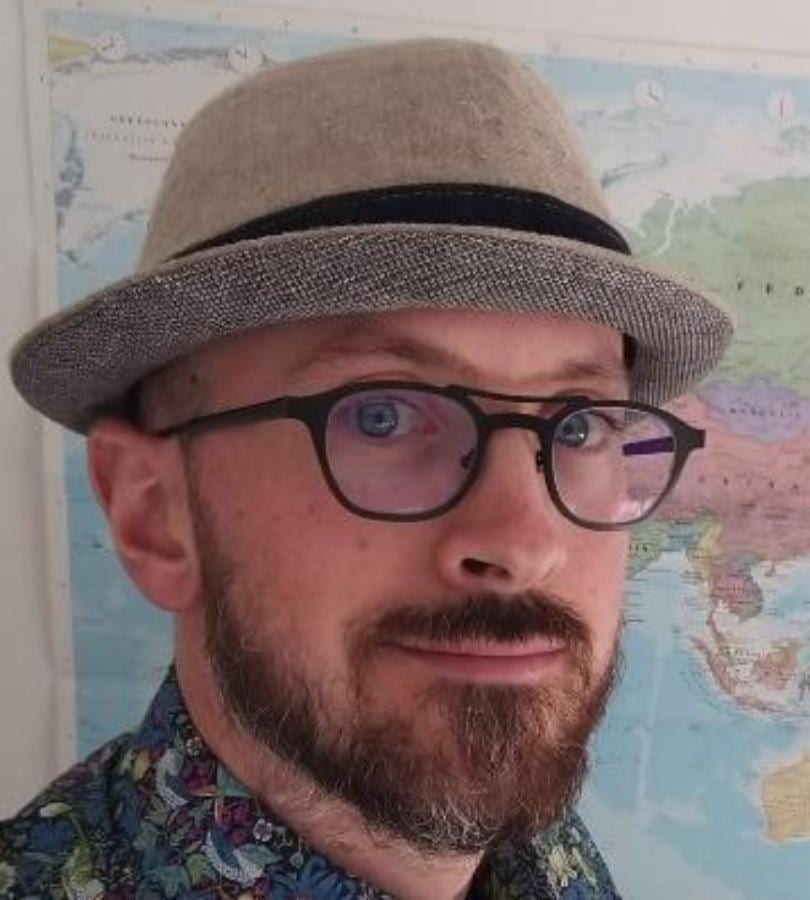
Giulio Dalla Riva: As a data scientist Giulio is interested in exploring and understanding of complex, dynamical networks. He is interested in ecological networks and the evolutionary processes that modify them in time; in particular I develop mathematical and statistical tools to study the relationship between ecological biodiversity and evolutionary diversity. He is also interested in Social Networks, especially online.
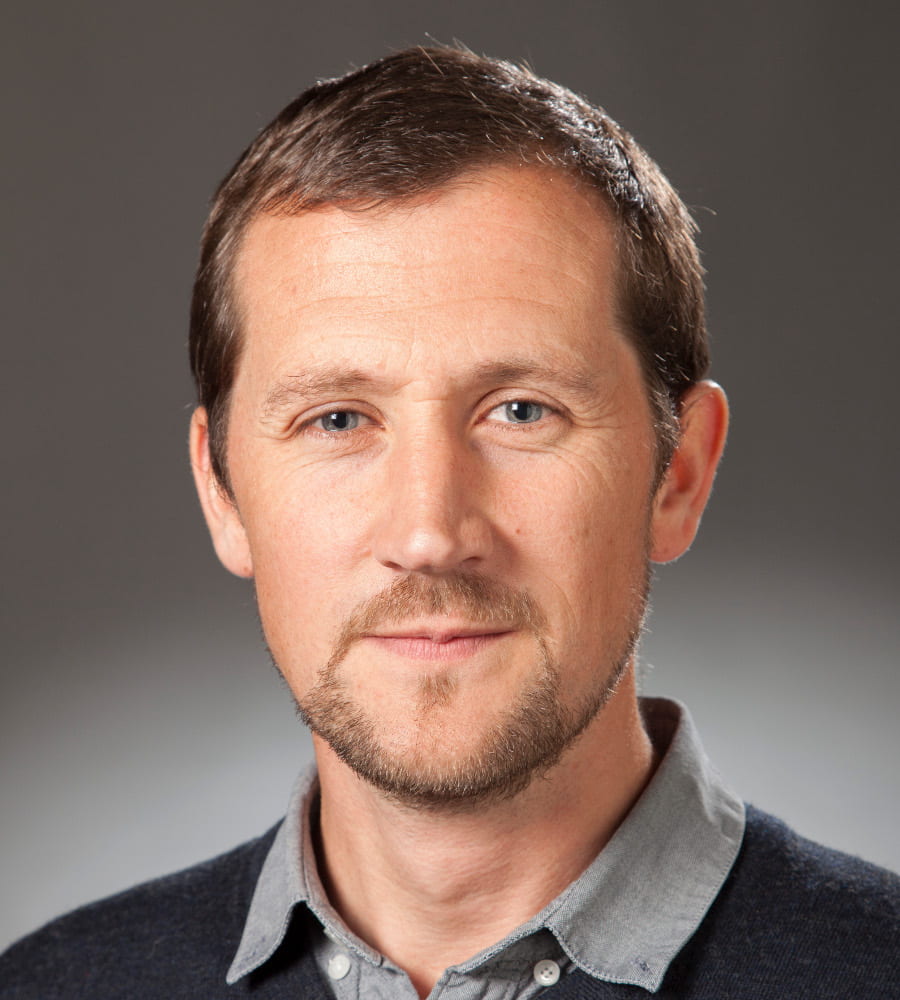
Ed Challies: Ed is interested in understanding how communities and groups collectively decide on the distribution of environmental goods and bads in society. This entails examining a variety of processes and arrangements for participatory and collaborative environmental governance, with a view to understanding the extent to which they are (a) effective in terms of securing or advancing social and environmental sustainability, and (b) democratically legitimate in terms of procedural and distributional justice. He is interested in collaborative environmental governance in diverse settings, and across scales, from the governance of global flows and networks, to grassroots community initiatives and local projects.
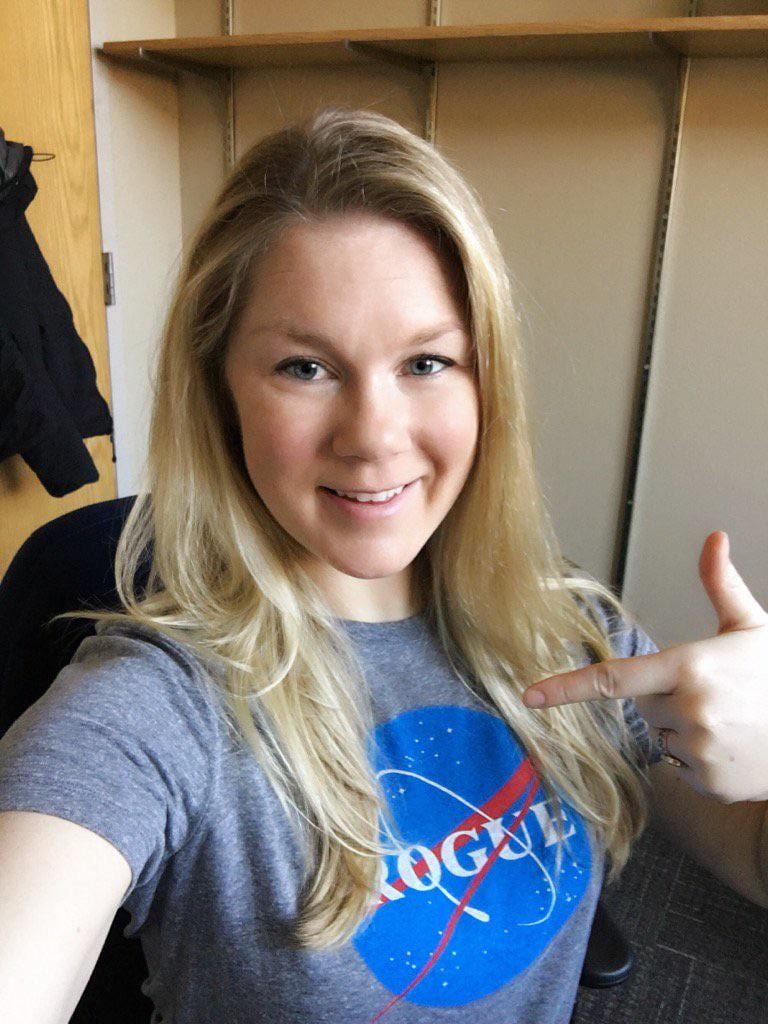
Michelle La Rue: Michelle focuses on interdisciplinary tools, such as GIS and high-resolution satellite imagery, to study spatial and population dynamics of penguins, seals, & cougars – species facing substantial conservation challenges as both the physical and social environments change across the world. In 2007 she started out as the GIS lead for the Polar Geospatial Center and eventually pursued a PhD. in Conservation Biology at the University of Minnesota. Her research focuses on using high-resolution satellite imagery to learn about the ecology of polar animals: emperor penguins, Adélie penguins, Weddell seals, and even polar bears and muskoxen.
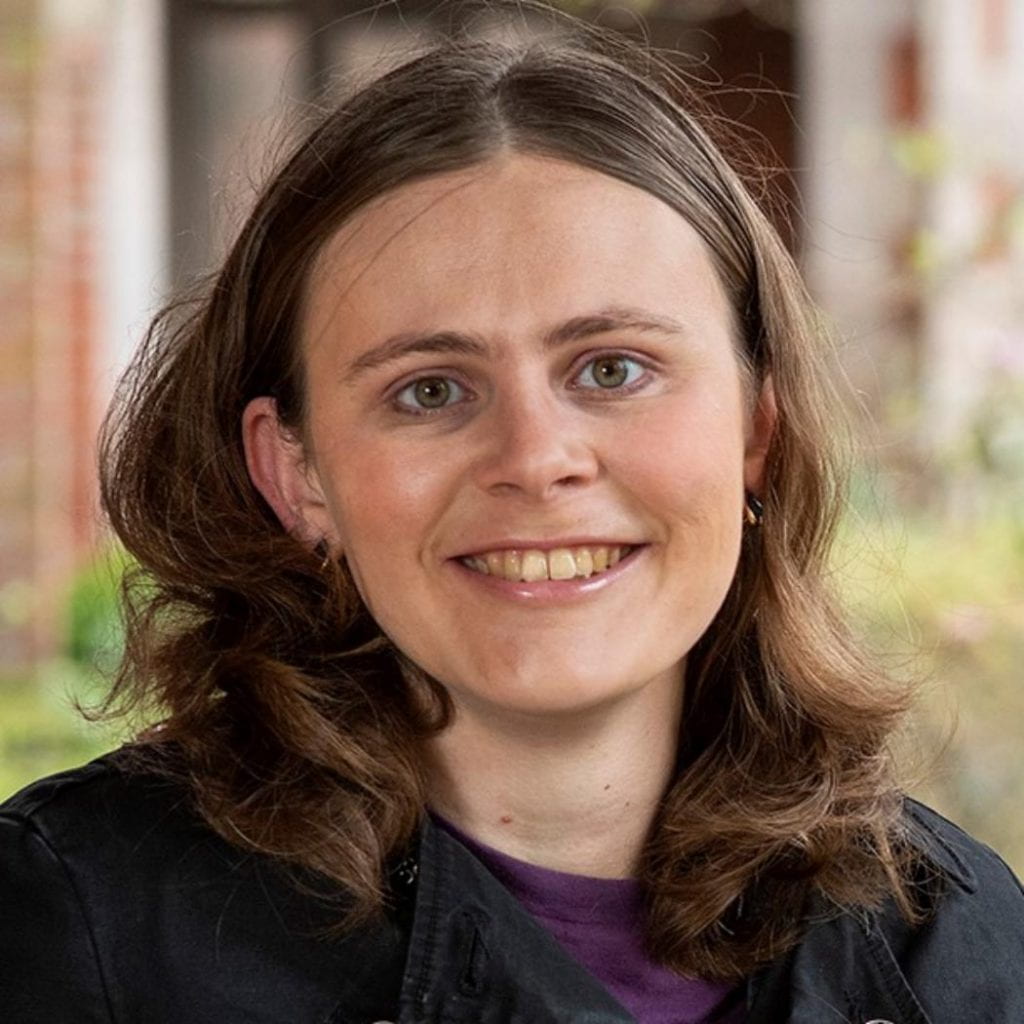
Michele Bannister: As a planetary astronomer, Michele is interested in understanding how planets formed, evolved and reached their present orbits. She uses wide-field imaging surveys to discover minor planets, and large telescopes to understand their surfaces. Some of her research interests include: mapping & characterising minor planet populations throughout the Solar System, interstellar objects and their Galactic population; formation and evolution of planetary systems; spacecraft missions for planetary exploration and science communication and public awareness of science
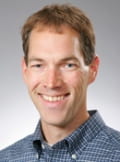
Travis Horton: Travis’s research focuses on stable isotope geochemistry and biogeochemistry, interactions among the different spheres of the earth system, and relationships among tectonic, topographic, and climatic processes and conditions. Travis has championed the establishment of a new paradigm for animal navigation: a data based framework that includes both spatial and temporal cues for orientation. This entirely natural system of navigation allows whales (and other animals) to find and follow identical migration routes at distinctly different Julian calendar dates and times during the most awe-inspiring of animal movements. Travis looks forward to applying this mechanistic understanding of animal navigation to the development of predictive models of animal movement for conservation purposes and satellite-free global positioning systems.
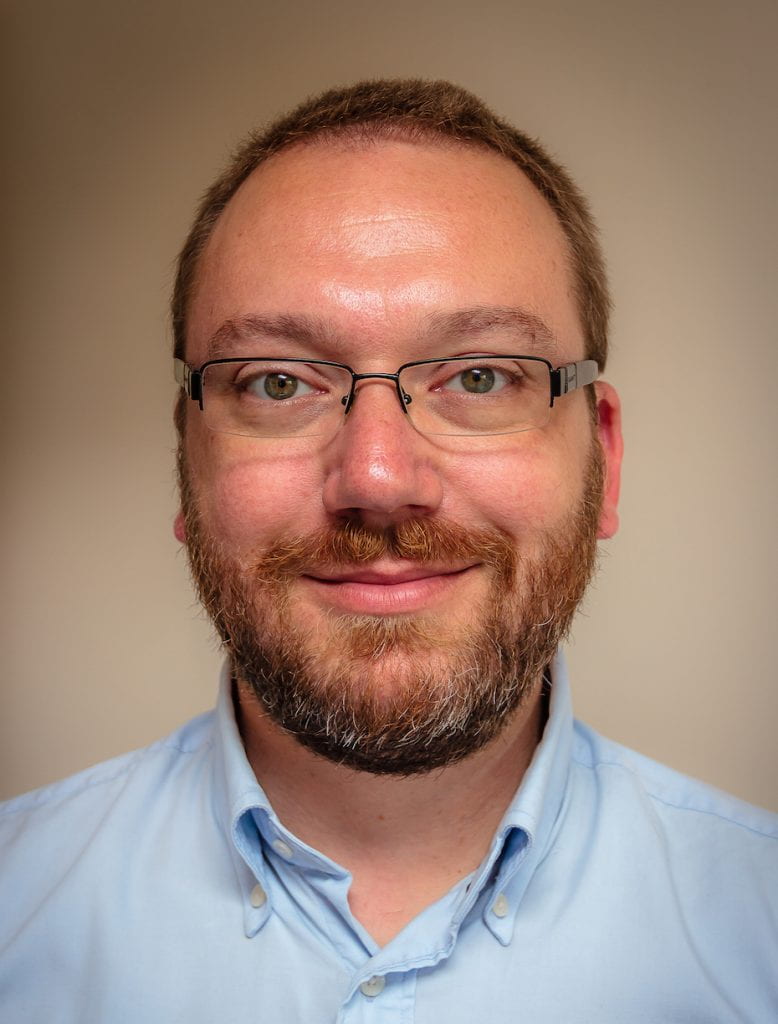
Learning Evaluation & Academic Development
Erik Brogt: Erik’s main research interest is the application of educational psychology to teaching and learning in university settings. Erik examines the interplay between instructors, students, the curriculum and the setting (both physical and mental) in which the teaching and learning is taking place. He is also interested in adaptations and optimizations of generic good teaching practice strategies to a given classroom situation to fit the local sociodynamics. As an academic developer, he works closely with other academic staff to support their teaching practices, curriculum and assessment development, and discipline-based higher education research efforts.
